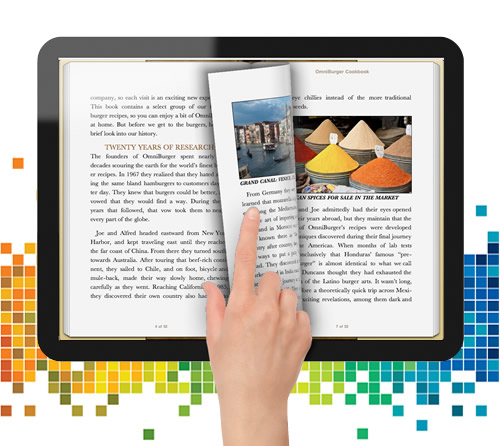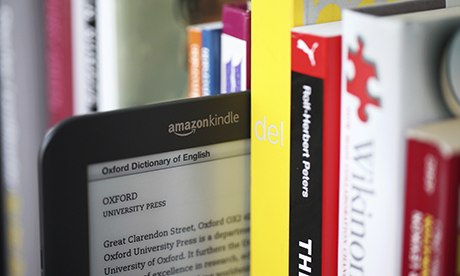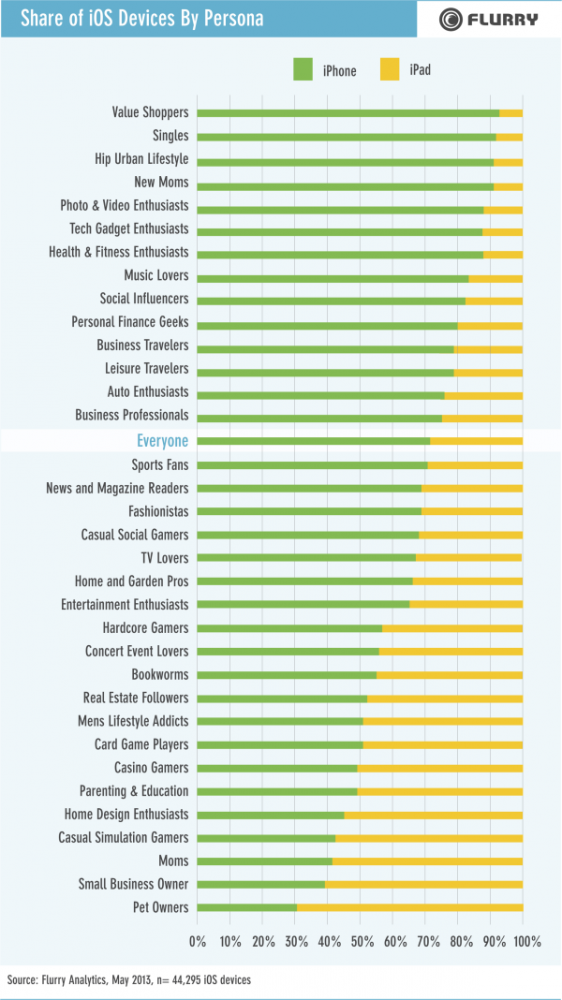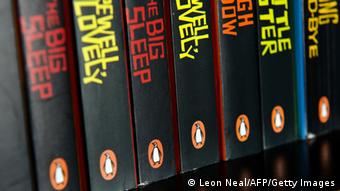"Monopolies are always problematic in a free society, and they are more so when we are dealing with the dissemination of ideas, which is what book publishing is about.” ...Andy Ross
Jeff Bezos got what he wanted: Amazon got big fast and is getting bigger, dwarfing all rivals. To fully appreciate the fear that is sucking the oxygen out of publishers’ suites, it is important to understand what a steamroller Amazon has become. Last year it had $48 billion in revenue, more than all six of the major American publishing conglomerates combined, with a cash reserve of $5 billion. The company is valued at nearly $100 billion and employs more than 65,000 workers (all nonunion) ...
Intrigue abounds in modern publishing ... or what will become modern publishing.
In the beginning, predatory chain store booksellers took out the small, independent booksellers; then, predatory digital e-book sellers took out the predatory chain store booksellers (except one {B&N} left badly wounded) and later booksellers even started to become publishers themselves etc., etc., etc --- all this while blocking open a big hole in the front line of previous writer/author obstacles and providing an open path to easier direct publishing touchdowns.
But, beware, underbelly agendas also abound.
An in-depth look at the major players, thinking, visions and hiccups leading us to the present state of publishing clusterfuckness and some interesting statistics is provided by Steve Wasserman,
Nation Magazine:
The Amazon Effect
From the start, Jeff Bezos wanted to “get big fast.” He was never a “small is beautiful” kind of guy. The Brobdingnagian numbers tell much of the story. In 1994, four years after the first Internet browser was created, Bezos stumbled upon a startling statistic: the Internet had been growing at the rate of 2,300 percent annually. In 1995, the year Bezos, then 31, started Amazon, just 16 million people used the Internet. A year later, the number was 36 million, a figure that would multiply at a furious rate. Today, more than 1.7 billion people, or almost one out of every four humans on the planet, are online. Bezos understood two things. One was the way the Internet made it possible to banish geography, enabling anyone with an Internet connection and a computer to browse a seemingly limitless universe of goods with a precision never previously known and then buy them directly from the comfort of their homes. The second was how the Internet allowed merchants to gather vast amounts of personal information on individual customers.
The Internet permitted a kind of bespoke selling. James Marcus, who was hired by Bezos in 1996 and would work at Amazon for five years, later published a revealing memoir of his time as Employee #55. He recalls Bezos insisting that the Internet, with “its bottomless capacity for data collection,” would “allow you to sort through entire populations with a fine-tooth comb. Affinity would call out to affinity: your likes and dislikes—from Beethoven to barbecue sauce, shampoo to shoe polish to Laverne & Shirley—were as distinctive as your DNA, and would make it a snap to match you up with your 9,999 cousins.” This prospect, Marcus felt, “was either a utopian daydream or a targeted-marketing nightmare.”
Whichever one it was, Bezos didn’t much care. “You know, things just don’t grow that fast,” he observed. “It’s highly unusual, and that started me thinking, ‘What kind of business plan might make sense in the context of that growth?’” Bezos decided selling books would be the best way to get big fast on the Internet. This was not immediately obvious: book selling in the United States had always been less of a business than a calling. Profit margins were notoriously thin, and most independent stores depended on low rents. Walk-in traffic was often sporadic, the public’s taste fickle; reliance on a steady stream of bestsellers to keep the landlord at bay was not exactly a sure-fire strategy for remaining solvent.
Still, overall, selling books was a big business. In 1994 Americans bought $19 billion worth of books. Barnes & Noble and the Borders Group had by then captured a quarter of the market, with independent stores struggling to make up just over another fifth and a skein of book clubs, supermarkets and other outlets accounting for the rest. That same year, 513 million individual books were sold, and seventeen bestsellers each sold more than 1 million copies. Bezos knew that two national distributors, Ingram Book Group and Baker & Taylor, had warehouses holding about 400,000 titles and in the late 1980s had begun converting their inventory list from microfiche to a digital format accessible by computer. Bezos also knew that in 1992 the Supreme Court had ruled in Quill Corp. v. North Dakota that retailers were exempt from charging sales tax in states where they didn’t have a physical presence. (For years, he would use this advantage to avoid collecting hundreds of millions of dollars in state sales taxes, giving Amazon an enormous edge over retailers of every kind, from bookstores to Best Buy and Home Depot. In recent months, however, Amazon, under mounting pressure, has eased its opposition and reached agreements with twelve states, including California and Texas, to collect sales tax.) “Books are incredibly unusual in one respect,” Bezos said, “and that is that there are more items in the book category than there are items in any other category by far.” A devotee of the Culture of Metrics, Bezos was undaunted. He was sure that the algorithms of computerized search and access would provide the keys to a consumer kingdom whose riches were as yet undiscovered and barely dreamed of, and so he set out to construct a twenty-first-century ordering mechanism that, at least for the short term, would deliver goods the old-fashioned way: by hand, from warehouses via the Postal Service and commercial shippers.
* * *
One of Amazon’s consultants was publishing visionary Jason Epstein. In 1952 Epstein founded Anchor Books, the highbrow trade paperback publisher; eleven years later he was one of the founders of the New York Review of Books, and for many decades was an eminence at Random House. His admiration for Bezos was mixed with a certain bemusement; he knew that for Amazon to really revolutionize bookselling, physical books would have to be transformed into bits and bytes capable of being delivered seamlessly. Otherwise, Bezos would have built only a virtual contraption hostage to the Age of Gutenberg, with all its cumbersome inefficiencies. But Epstein could not fathom that the appeal of holding a physical book in one’s hand would ever diminish. Instead, he dreamed of machines that would print on demand, drawing upon a virtual library of digitized books and delivering physical copies in, say, Kinkos all across the country. The bookstores that might survive in this scenario would be essentially stocking examination copies of a representative selection of titles, which could be individually printed while customers lingered at coffee bars awaiting the arrival of their order. Ultimately, Epstein would devote himself to this vision.
Bezos looked elsewhere, convinced that one day he could fashion an unbroken chain of ordering and delivering books, despite the deep losses Epstein warned he’d have to sustain to do so. But first he had to insert the name of his new company into the frontal lobe of America’s (and not only America’s) consumers. Like all great and obsessed entrepreneurs, his ambitions were imperial, his optimism rooted in an overweening confidence in his own rectitude. He aimed to build a brand that was, in Marcus’s phrase, “both ubiquitous and irresistible.” A decade before, while a student at Princeton in the mid-1980s, he had adopted as his credo a line from Ray Bradbury, the author of Fahrenheit 451: “The Universe says No to us. We in answer fire a broadside of flesh at it and cry Yes!” (Many years later, the octogenarian Bradbury would decry the closing of his beloved Acres of Books in Long Beach, California, which had been unable to compete with the ever-expanding empire of online bookselling.) A slightly built, balding gnome of a man, Bezos often struck others as enigmatic, remote and odd. If not exactly cuddly, he was charismatic in an otherworldly sort of way. A Columbia University economics professor who was an early boss of Bezos’ said of him: “He was not warm…. It was like he could be a Martian for all I knew. A well-meaning, nice Martian.” Bill Gates, another Martian, would welcome Bezos’ arrival to Seattle, saying, “I buy books from Amazon.com because time is short and they have a big inventory and they’re very reliable.” Millions of book-buyers would soon agree.
As the editor of the Los Angeles Times Book Review, I had watched Bezos’ early rise with admiration, believing that whatever complications he was bringing to the world of bookselling were more than compensated for by the many ways he was extending reader access to a greater diversity of books. After all, even the larger 60,000-square-foot emporiums of Barnes & Noble and Borders could carry no more than 175,000 titles. Amazon, by contrast, was virtually limitless in its offerings. Bezos was then, as he has been ever since, at pains to assure independent bookstores that his new business was no threat to them. He claimed that Amazon simply provided a different service and wasn’t trying to snuff bricks-and-mortar stores. Independent booksellers weren’t so sure.
Read and learn more
The Writers Welcome Blog is available on Kindle :)))















.jpg)



